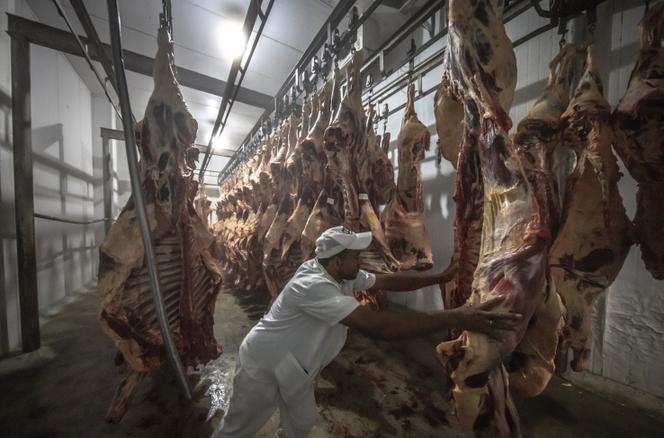


French Prime Minister Michel Barnier, who is already struggling to finalize the 2025 budget, could soon find himself faced with another politically explosive issue: the agreement between the European Union (EU) and Mercosur (Argentina, Brazil, Uruguay, Paraguay and Bolivia), which has been a contentious topic in French political life for over 20 years and could very soon be finalized.
At a time when almost all the political parties in France, from far-right Rassemblement National to radical left La France Insoumise (LFI), are opposed to it, and the farming community is once again preparing to take to the streets, the prime minister is clearly aware of the danger.
This is one of the reasons for the former European commissioner's trip to Brussels on Wednesday, November 13, where he will meet with several officials from the Commission, which negotiates trade agreements on behalf of the 27 member states. In the afternoon, he is due to meet Commission President Ursula von der Leyen. "The prime minister will remind him of his total opposition to the [EU-Mercosur] agreement," said Agriculture Minister Annie Genevard on Tuesday. That same day, more than 600 French elected representatives – MPs, senators and MEPs – warned von der Leyen in a letter about the "democratic upheaval" that such an agreement would "generate" "in our country, which is already under the political threat of anti-European populism."
Farmers' unions are also stepping up pressure in response to the potential free-trade agreement between the EU and Mercosur, as well as concerns about the US and China overtaxing some of their agri-food imports. Since early October, there have been sporadic demonstrations, but this week they have become more frequent and are expected to escalate in the coming days.
Following a strong mobilization at the start of the year, the FNSEA, France's main farmers' union, has called on its members to mobilize strongly "from mid-November." Coordination Rurale union, for its part, is promising "an agricultural revolt" starting on November 19. The Confédération Paysanne, another union and heir to the anti-globalization movement, is also planning actions.
Von der Leyen, who had a strained relationship with Barnier during the negotiations for the post-Brexit agreements, will be well aware of her visitor's concerns. However, those in her entourage can't imagine her giving up on an agreement she has long been calling for, just to appease Paris.
You have 64.14% of this article left to read. The rest is for subscribers only.
